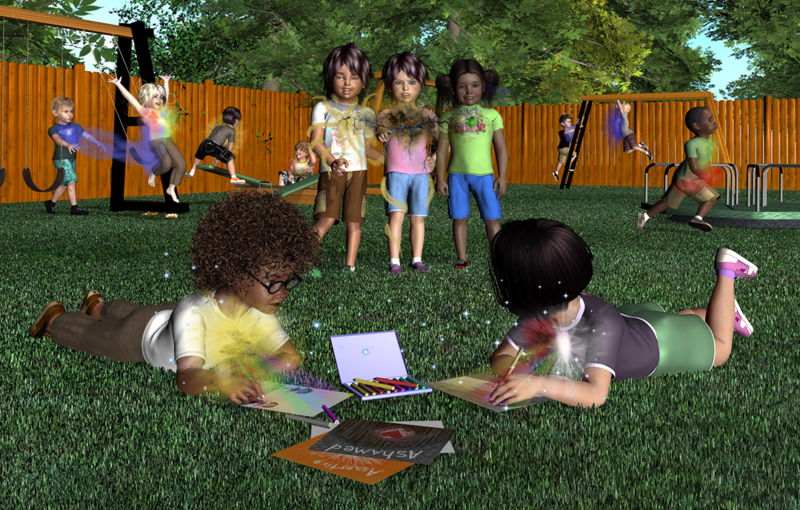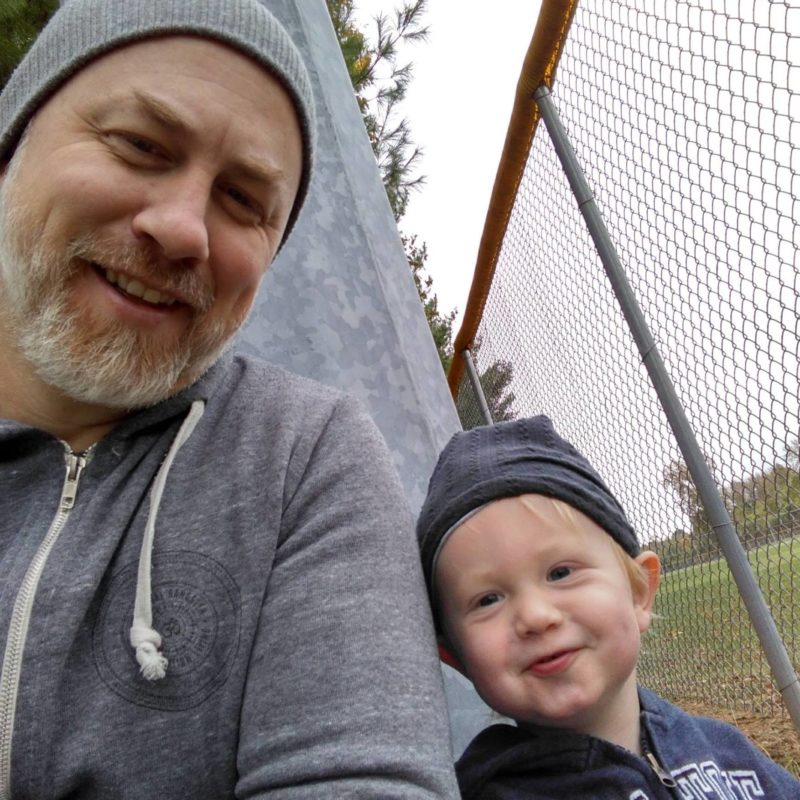by Erick Kenneth French
Contributing Author, Conscious Reminder
We live in very troubling times. The most troubled of times. People are more emotionally repressed, feeling avoidant, and addicted than in any other time in history.
The advents of industrialization, exponential technological advancement, and globalization have given us more opportunity than ever, but also more information, stimulation, and busyness to distract us from the inner resources we need to meet the challenges of such rapid change. Never mind chemical addictions, today you can pick up your phone and get stimulation and pseudo-connection on demand. It might give us some immediate relief or even feel good, but in the long run these conditions entice us to avoid feeling.
As children, most of us were systematically conditioned to question and deny our feelings because our parents and the communities we grew up in were already feeling-avoidant. When this happens we don’t mature emotionally. We ignore our inner guidance and we lose our capacity for empathy. We build up defense mechanisms against feeling any pain and our experience of real joy becomes ever more dim and fleeting. Good will, meaningful aspirations, and hope fade to black as we gradually, and, more often than not, unconsciously, adopt an ever more dismal worldview.
The result of all this subtle yet complex trauma is often an underactive prefrontal cortex (which is responsible for emotional expression, problem solving, memory, language, judgment, and discernment), an overactive amygdala (which identifies threat and controls fight-or-flight responses), and a depleted connection between these two areas of the brain, which decreases discernment about what is and isn’t a real threat. Living anxious lives, constantly operating from a primitive drive of fight or flight, we struggle to make sensible decisions about both the deeply meaningful and the mundane challenges we face. Our feelings color everything we are perceiving. We see the world as a more threatening or disappointing place. When we are suppressing our hurt and sadness with anger, we are prone to identify with other people who are angry. Instead of feeling connected and at peace with the self, we take satisfaction from a short-lived feeling of connection with others who are avoiding the same or similar pain. We say, “Yeah, me too.” And we tune to the frequency of emotional suppression that is happening around us.
When we are internally defended against our feelings of inferiority, we may compensate with assertions of superiority. We find ways to project our shame out onto others as a method of denying and avoiding the shame within. This phenomenon occurs individually and collectively, for many of us since childhood. We may tune in to fictional characters on TV and leisurely judge them so we get to feel smarter and more mature. Or worse, we judge actual people in the media or even on social media (Jerry Springer, Maury, TMZ, the Real Housewives, Facebook, Instagram, etc.) to get that superior fix in some way. In fact, many news articles begin with some statement of assault on a person or topic—appealing to this defense mechanism we have all been infected with.
This experience has become so ingrained that most of us are doing it and being it and don’t even realize it. In fact, we often do it together. We bash to bond, and unconsciously collude in avoidance. Our subjective world can be so riddled with unconscious fear that when we do seek to connect, we do it by picking a common target. Instead of being face-to-face and engaging with a real interest in the other, be it a friend, coworker, child, or partner, we turn to the side and hurl a stone. It might go something like this, “Did you hear the latest?” “I know, I can’t believe it…” But bashing to bond can often be very subtle when it utilizes sarcasm to hide. We might covertly role our eyes, exaggerate praise or agreement, or ask an obvious question that implies an insult. We focus outwardly, avoiding contact with the self and any real connection with each other.

There are more of us on the planet than ever before and more ways to distract ourselves from living consciously than any time in history. When we don’t feel our feelings, we don’t grow. We don’t hear the messages of our feelings and we don’t learn from our experience so we can’t attain wisdom. Our bodies get older and more mature looking but we respond and react based on our emotional age. Some of us react with tantrum-like behaviors. Some of us tout ourselves as pillars of integrity while ignoring the real condition of our inner life. We hide our shame with secrets. We lie, cheat, steal, bully, and use each other, often without any awareness of what we are doing. When we don’t allow our emotions to run their course, we deprive ourselves of self-awareness and lose our capacity for empathy. Not feeling and heeding the messages of our feelings our vision is short sighted and we make selfish choices without realizing their larger negative implications. We exercise poor judgment because we are not sensitive enough to sense what is off kilter with the people or circumstance we are facing.
This is the why we are doomed if we don’t start valuing our feelings. Because of globalization and the exponentially increasing advancements in technology, each individual has more power to impact the whole than ever before. Today it is very easy for one emotionally wounded person to cause great harm to many others as evidenced by school shootings, terrorist attacks, chemical attacks, cyber attacks, cyber bullying, etc. And each of us is impacting that one person, who’s driven by hurt, with the ripples in consciousness we send out with our daily thoughts, feelings, words, and actions. The medicine for all the suppressed pain that drives this violence is more open heartedness and real intimacy and connection. If we stop bashing to bond and face our neurotic fears, we can begin to heal the pain that incites our nightmares and prevent them from becoming reality.
Moving Beyond Bashing to Bond: Ideas for Taking Your First Steps
1. Feel your feelings. Pay attention to what you are feeling and practice allowing those feelings expression. Seek your neurochemical baseline. Have fun, but make sure to build lengthy periods of sobriety into your lifestyle. We need to feel our feelings so we can heed their messages and grow wiser. Eventually you’ll find that you have become less calloused and more sensitive—more likely to notice fear-driven attempts to bash to bond or to use sarcasm to avoid feelings, intimacy, or vulnerability. For help identifying your feelings and understanding their messages click here to visit the feelings glossary.
2. Practice self-honesty. See if you can identify any unconscious motives for bashing to bond. Ask yourself these questions: Am I afraid? Am I bashing in an attempt to keep the focus off myself? Am I avoiding vulnerability or real intimacy? Do I really want to connect with this person at all? Is there another way I would rather connect? Am I trying to impress someone? Am I asserting myself as superior to compensate for deeper feelings of inferiority?
3. Do a Heart Check. If you are not sure if you are bashing to bond or expressing real concern about something, do a Heart Check. Notice what you are feeling in the heart area of your body—even the quietest, most subtle of feelings. See if you can identify any fears. Look for feelings of care, concern, compassion, and love. Look for gratitude, appreciation, generosity, and warmth. Ask yourself, “Is my heart open?” Can you start out what you are about to say with the stem “My heart is open and…”? If you feel that your heart is not open and/or it just doesn’t feel right to say the stem and then what you were about to say, refrain.
4. Soothe the fear. Make time to practice emotional hygiene. Keep a gratitude journal, practice positive self-talk, meditate, spend time reading inspirational literature, journey through Iphelia: Awakening the Gift of Feeling. Decide to improve your baseline emotional state and make time to do it. Your starting emotional state determines how you view your experience and what thoughts will emerge in response to what happens in your daily life.
5. Change the channel. Demonstrate empathy. When someone else attempts to bash to bond, change the channel to empathy. The conversation might go something like this:
“Don is such a joke!”
“I imagine Don must be feeling really insecure inside to be driven to behave that way. I wonder what drives Don to do those things.”
Or, if things are really intense and you’re not sure how to get to empathy, you can just change the topic all together. The conversation goes like this:
“Don can be such a jerk.”
“I really like Berry. He is so nice, and he has such a great smile. I think he’d make a great boss someday.”
Another very effective method is just to stay quiet. This can give the person a chance to hear themselves and it gives them the opportunity to course correct on their own.
There are thousands of scenarios and even more creative responses, but always the best defense is to have firmly established an open-hearted baseline feeling in yourself. This way when someone is bashing to bond, you’ll know it right away because you’ll feel such a stark contrast from your emotional starting point. Your open-hearted feelings will also help you see all the possible responses that are available to help you stay true to who you are and how you want to be in the world.
This article refers to Iphelia: Awakening The Gift of Feeling, a graphic novel for the inner children of grown men and women. It is the story of a girl born with a special gift of sensitivity, told through 90 pages of visually stunning images that animate the feeling-level of experience through color, texture, shape and motion, making it perfect for young children, too. Visit Iphelia on Facebook @iphelia or Instagram @iphelia_awakening
 About the Author: Erick Kenneth French is a Licensed Clinical Social Worker and the founder of One Awareness Counseling in Saint Louis, Missouri. He regularly facilitates weekend personal transformation retreats that use diverse healing modalities including hypnotherapy, conscious connected breathing, kundalini meditation, and art therapy to address trauma, addiction, depression, anxiety and to cultivate self-awareness, and foster healthy relationships. Erick teaches that self-awareness begins with paying attention to and receiving the messages of feelings, emphasizing that restoring and retaining our capacity for empathy is critical to personal fulfillment and the survival of humanity.
About the Author: Erick Kenneth French is a Licensed Clinical Social Worker and the founder of One Awareness Counseling in Saint Louis, Missouri. He regularly facilitates weekend personal transformation retreats that use diverse healing modalities including hypnotherapy, conscious connected breathing, kundalini meditation, and art therapy to address trauma, addiction, depression, anxiety and to cultivate self-awareness, and foster healthy relationships. Erick teaches that self-awareness begins with paying attention to and receiving the messages of feelings, emphasizing that restoring and retaining our capacity for empathy is critical to personal fulfillment and the survival of humanity.
∼If you like our article, give Conscious Reminder a thumbs up, and help us spread LOVE & LIGHT!∼
